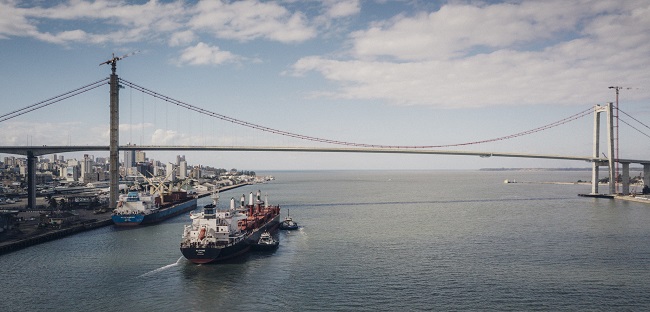There are two important events that are celebrated during the month of May, namely: World Day for Cultural Diversity for dialogue and development; as well as Africa Day. For people on the African continent, World Day for Cultural Diversity serves as a reminder of the importance of embracing cultural diversity as a source of strength, unity, and resilience. It encourages Africans to embrace their cultural heritage, engage in meaningful dialogue, and work together towards a brighter and more inclusive future.
Equally important is Africa Day, which also encourages us to celebrate our diverse cultures. However, this day is also a call to action. Beyond the festivities and cultural showcases, Africa Day compels all of us to confront the many socio-economic challenges plaguing the continent. It urges leaders, communities, and individuals alike to address issues such as poverty, inequality, ailing infrastructures as well as inadequate access to healthcare and education.
Alex Van Niekerk, the CEO of the Trans African Concessions (TRAC), says: “As TRAC, we firmly believe that the challenges confronting Africa, and the Southern African Development Community (SADC) in particular, cannot be resolved by one person alone. Rather, they demand a collective commitment and collaborative action from government, private sector, public sector, NGOs, community formations, and every stakeholder invested in the future of the continent. It is through our shared determination and coordinated efforts that we will pave the way for sustainable development, prosperity, and inclusive growth across the continent."
It is for this reason that TRAC has positioned the N4 corridor as a powerful catalyst for socio-economic development in both South Africa and Mozambique. By investing in this vital artery of transportation, the Maputo Corridor, a Public-Private Partnership, aims to stimulate local economies and create job opportunities whilst also thriving to preserve the invaluable natural heritage of the region.
Moreover, TRAC's activities in South Africa and Mozambique extend far beyond the borders of the two countries. They create a ripple effect that positively influences the economies of other countries within SADC. By investing in infrastructure, fostering economic growth, and promoting regional connectivity, TRAC plays a vital role in enhancing trade facilitation and cross-border cooperation.
The integration of the N4 corridor with the Port of Maputo in Mozambique has had a positive impact on the economic landscape of both South Africa and Mozambique and beyond. “This vital link has not only streamlined the movement of goods along the route but has also sparked a myriad of economic opportunities for businesses and entrepreneurs. The Port of Maputo serves as a gateway to regional interconnectivity and integration, facilitating trade within SADC and across the African continent. By leveraging this strategic connection, we have witnessed a surge in trade activity, bolstering economic growth and fostering greater collaboration among nations,” he says.
Furthermore, the blossoming of regional integration has acted as a catalyst for the flourishing of tourism throughout the region, allowing people to enjoy its natural wonders and embrace the variety of its cultures.
“By celebrating important days such as World Day for Cultural Diversity and Africa Day, we are celebrating both our rich cultural diversity as well as the economic benefits brought by companies such as TRAC, whose activities span across national boundaries,” says Van Niekerk. He says it is important that these efforts continue until the region is celebrated globally as a true economic powerhouse and an epicentre of innovation and collaboration.

.jpg)


